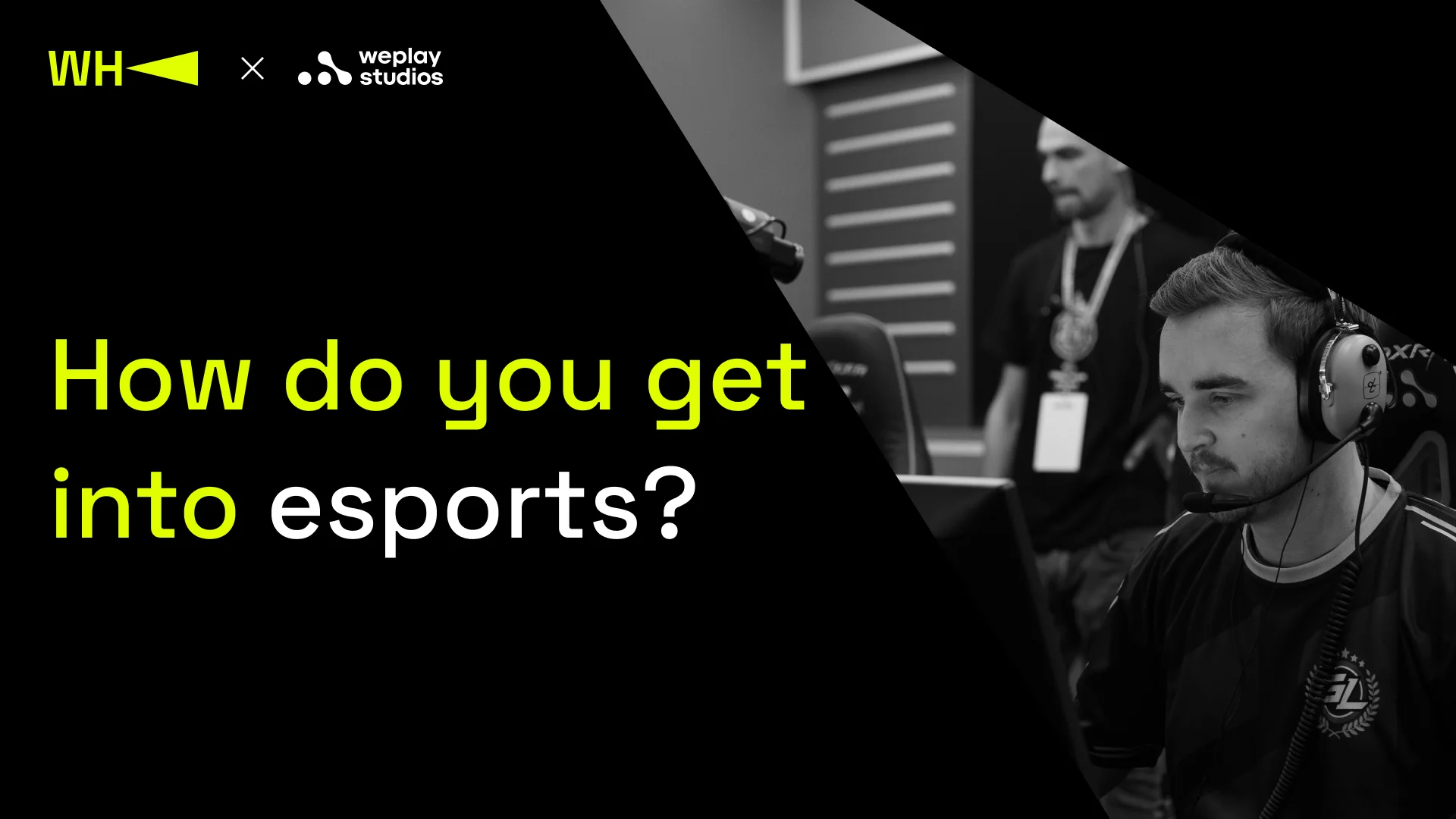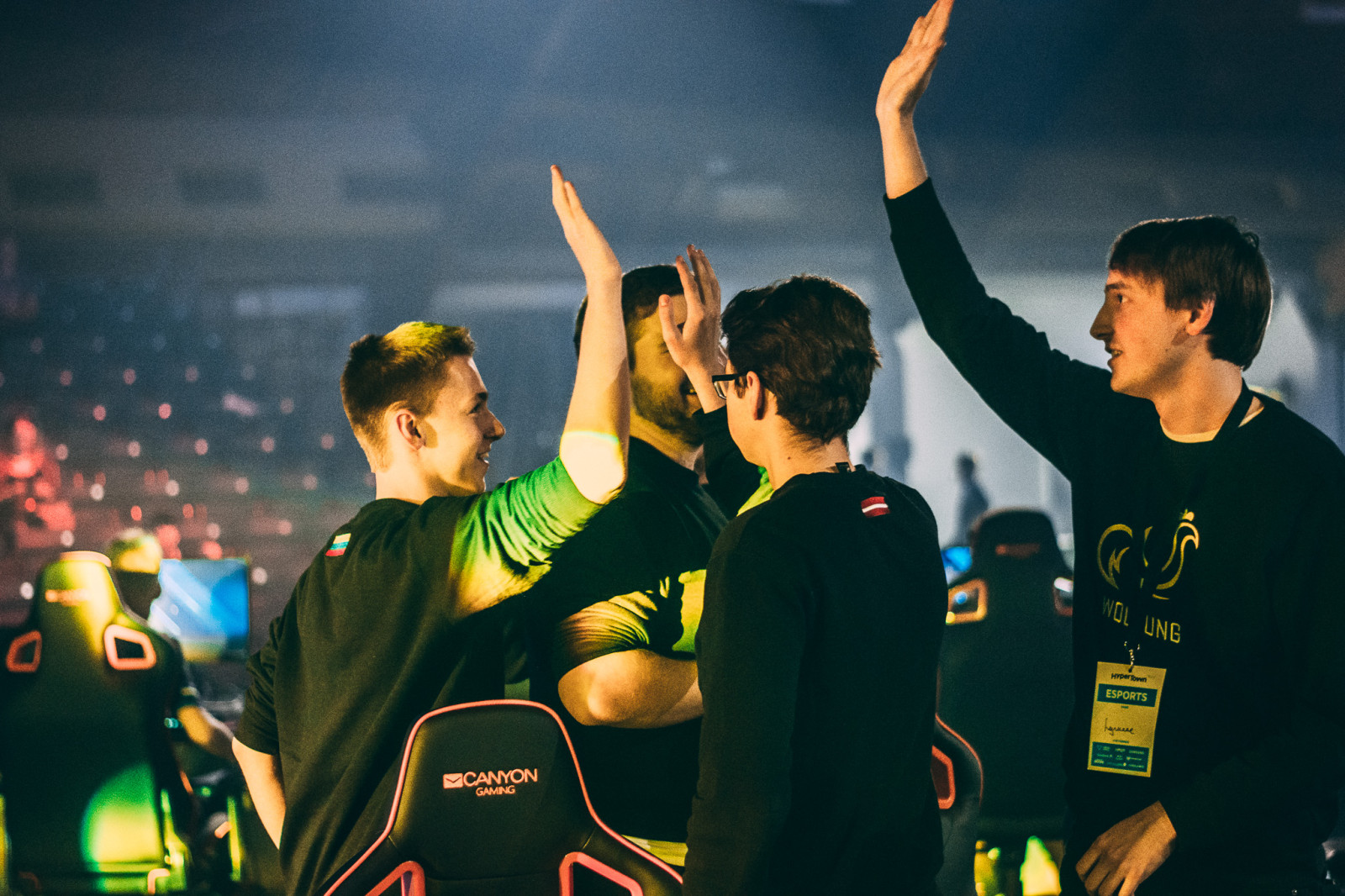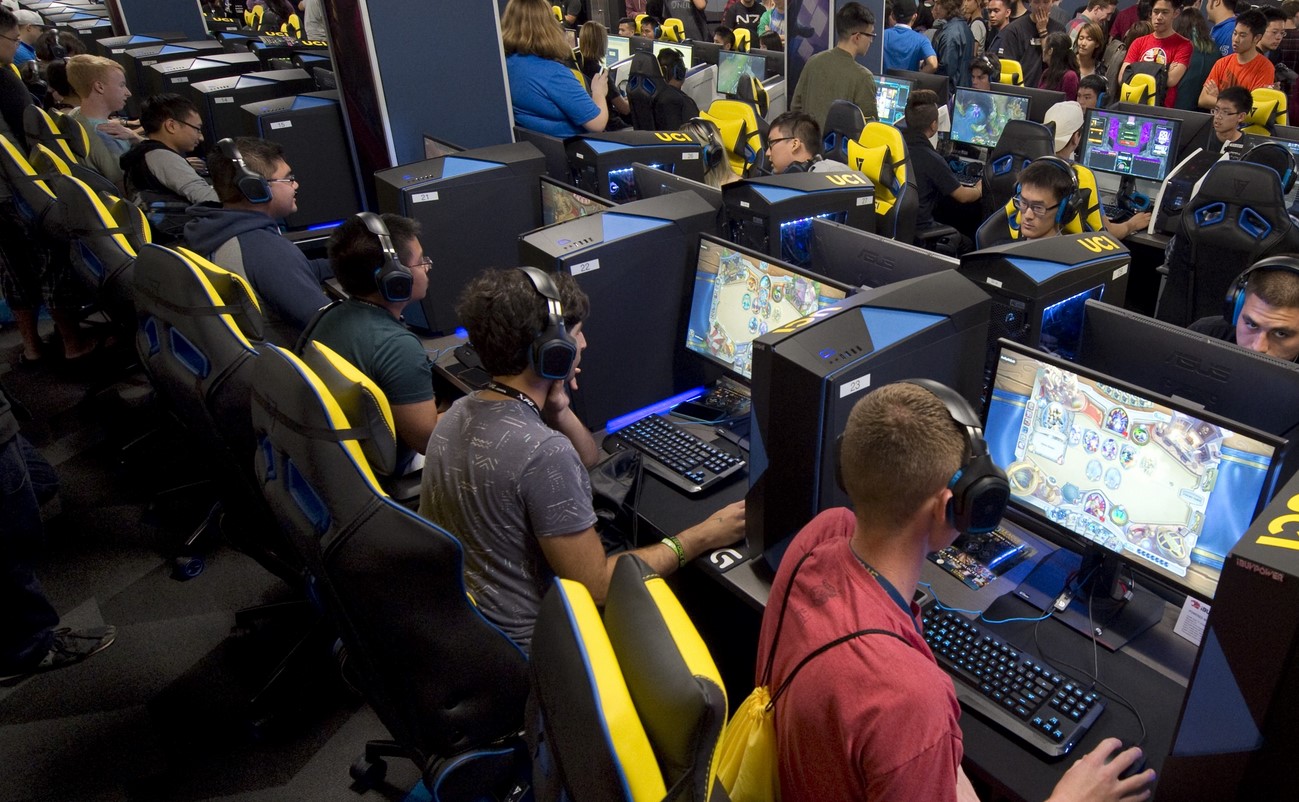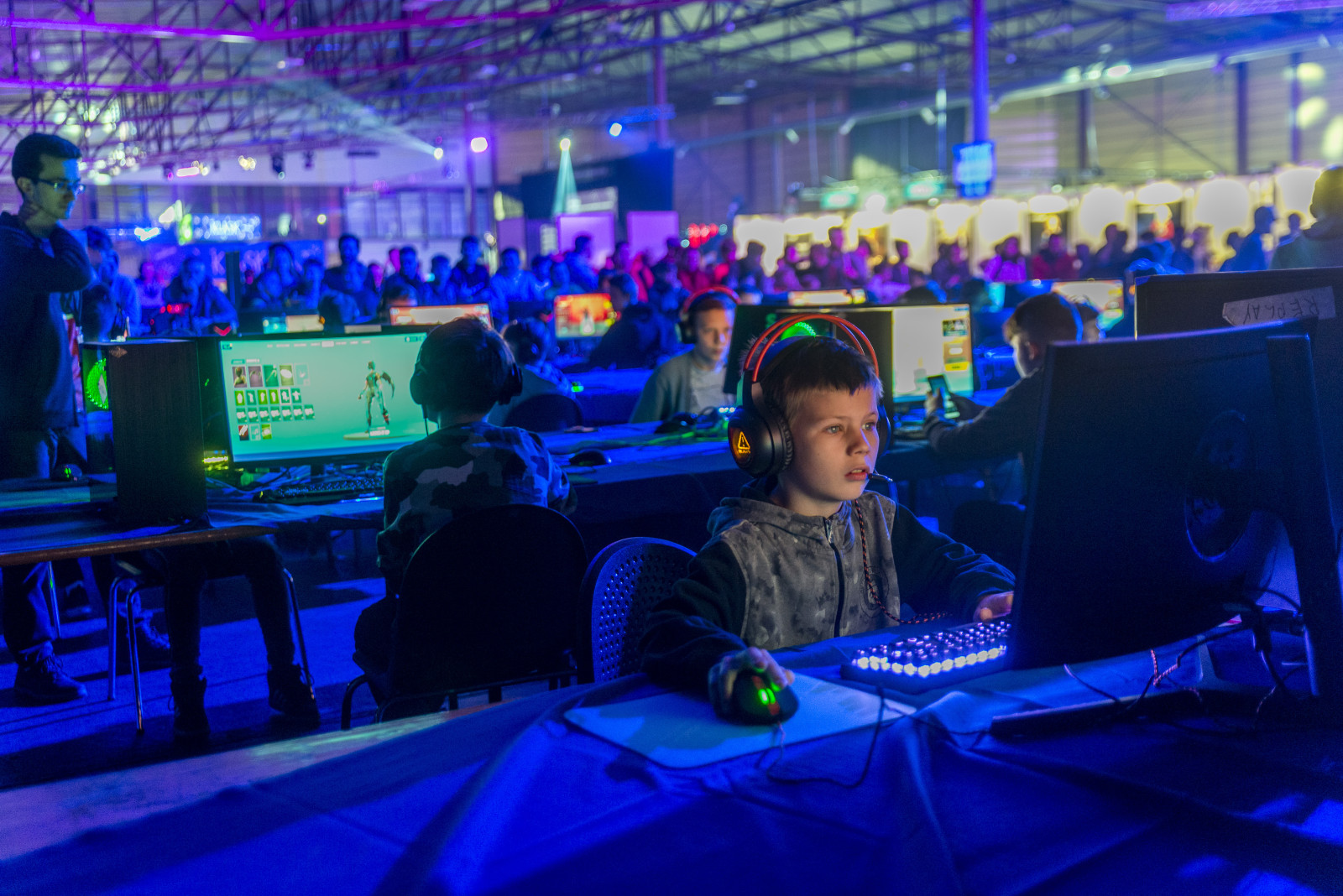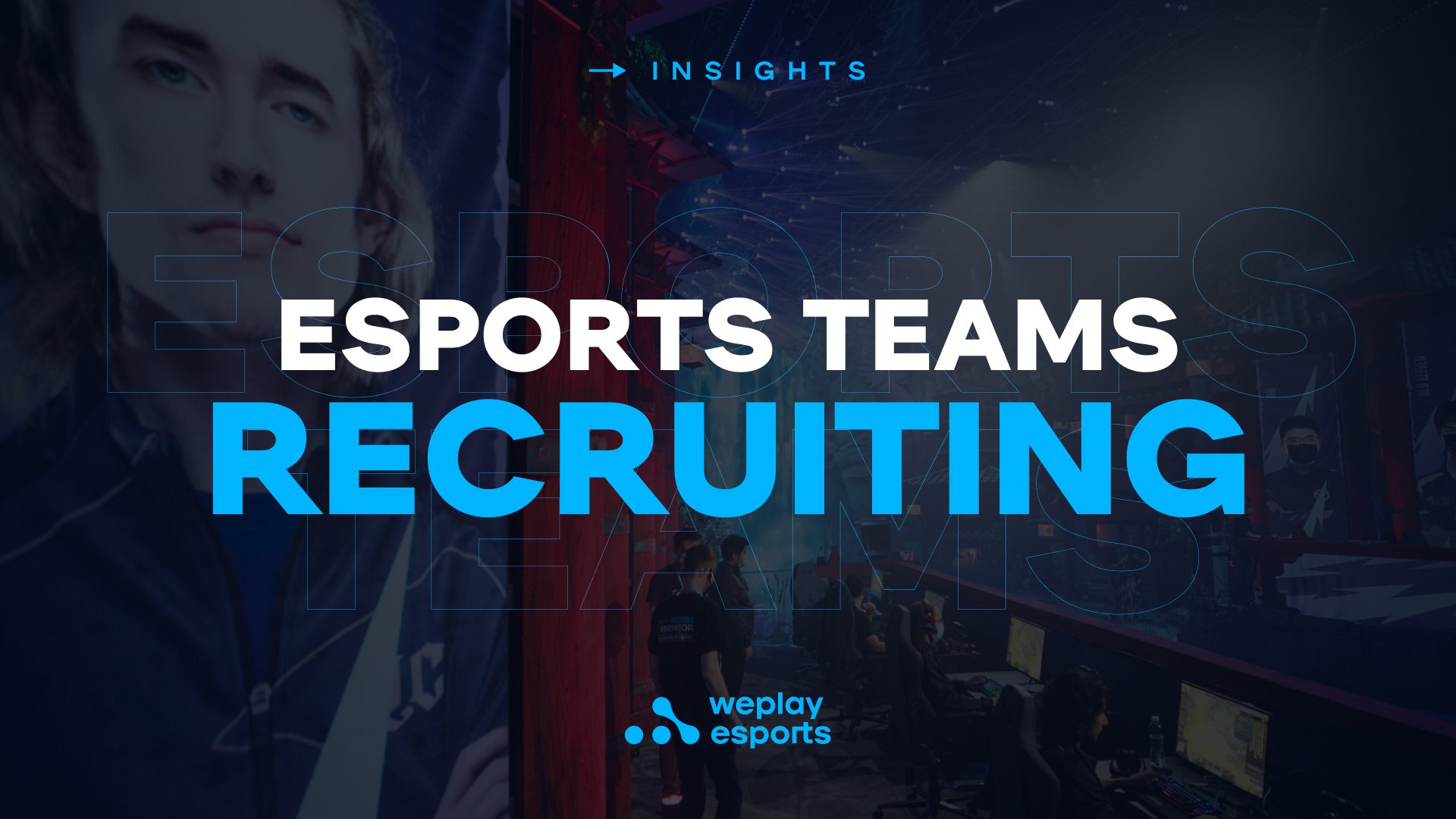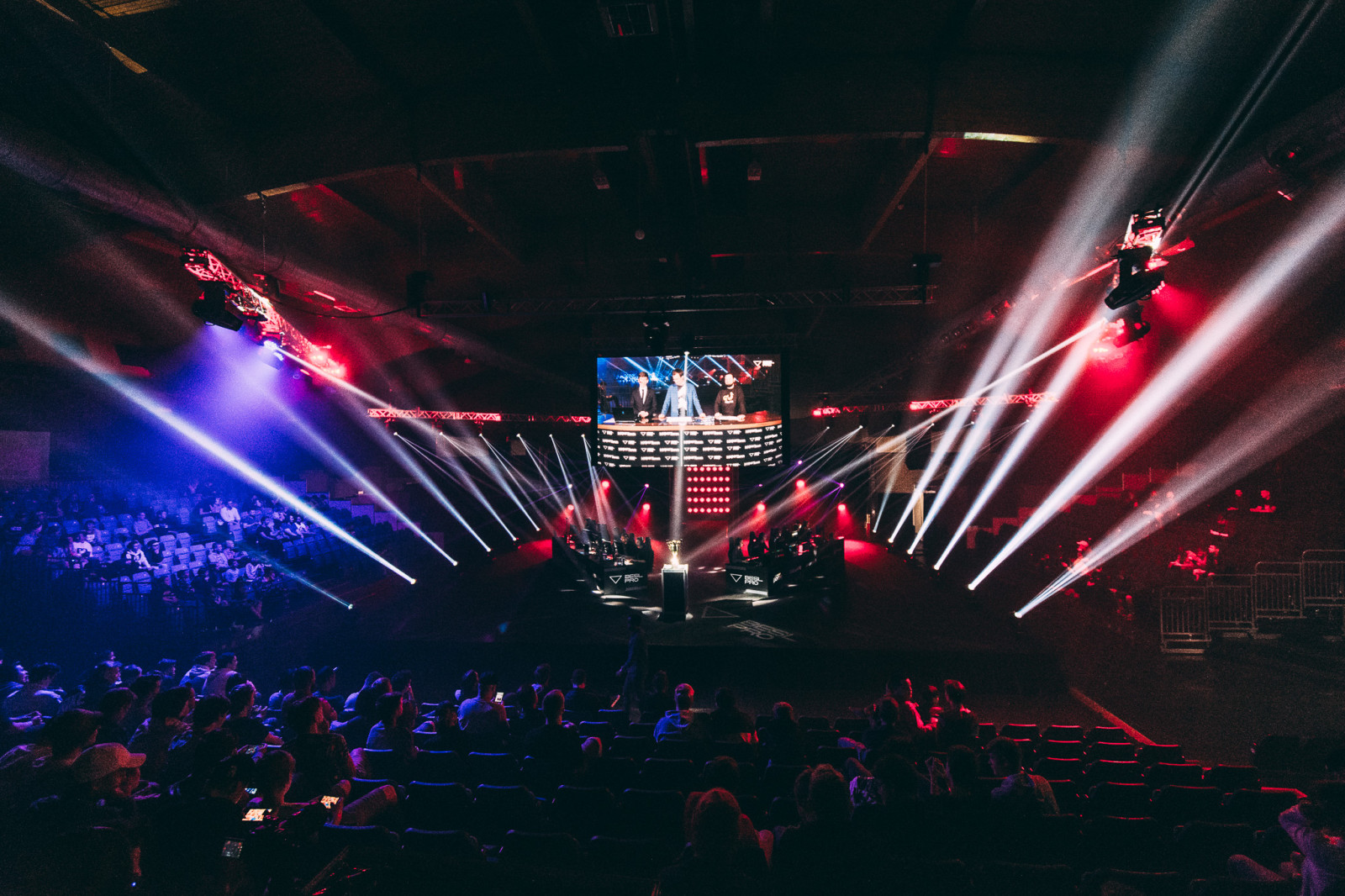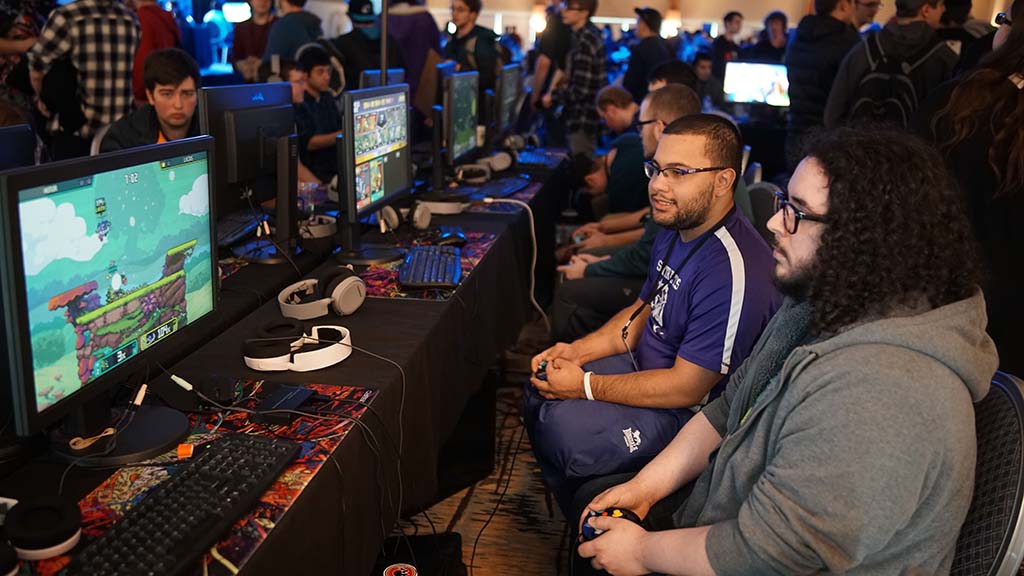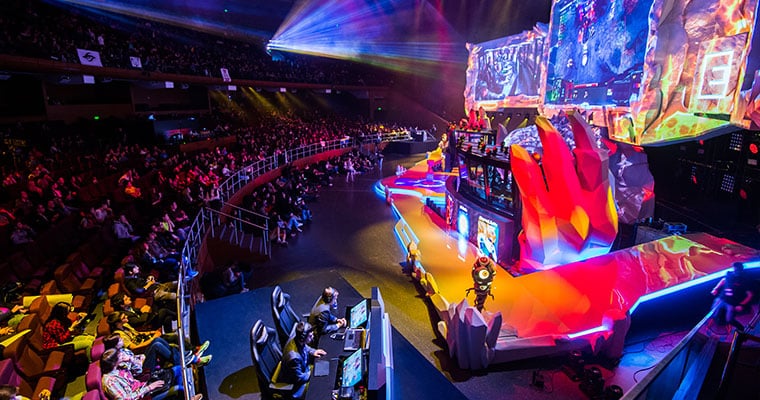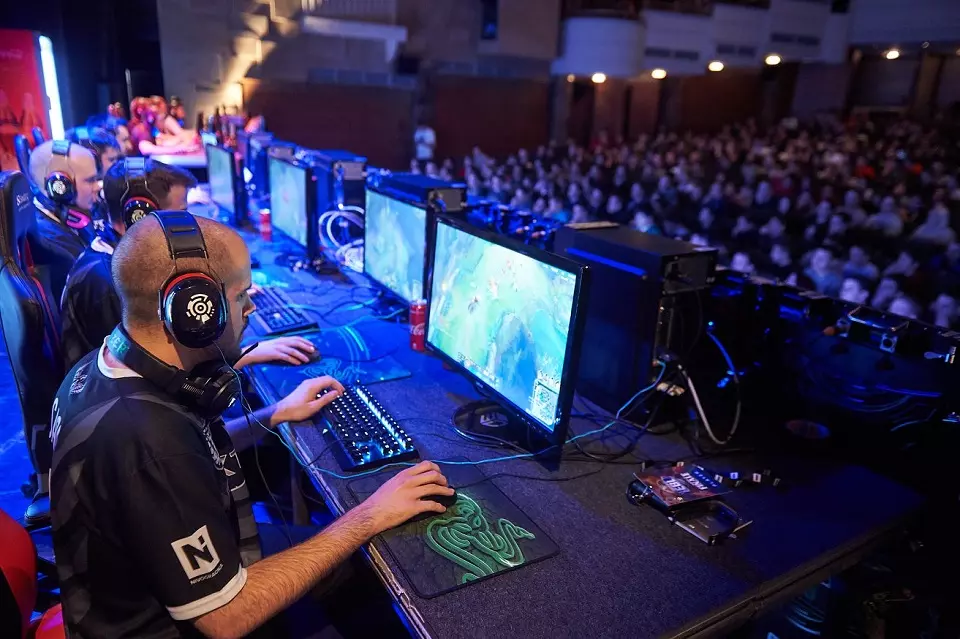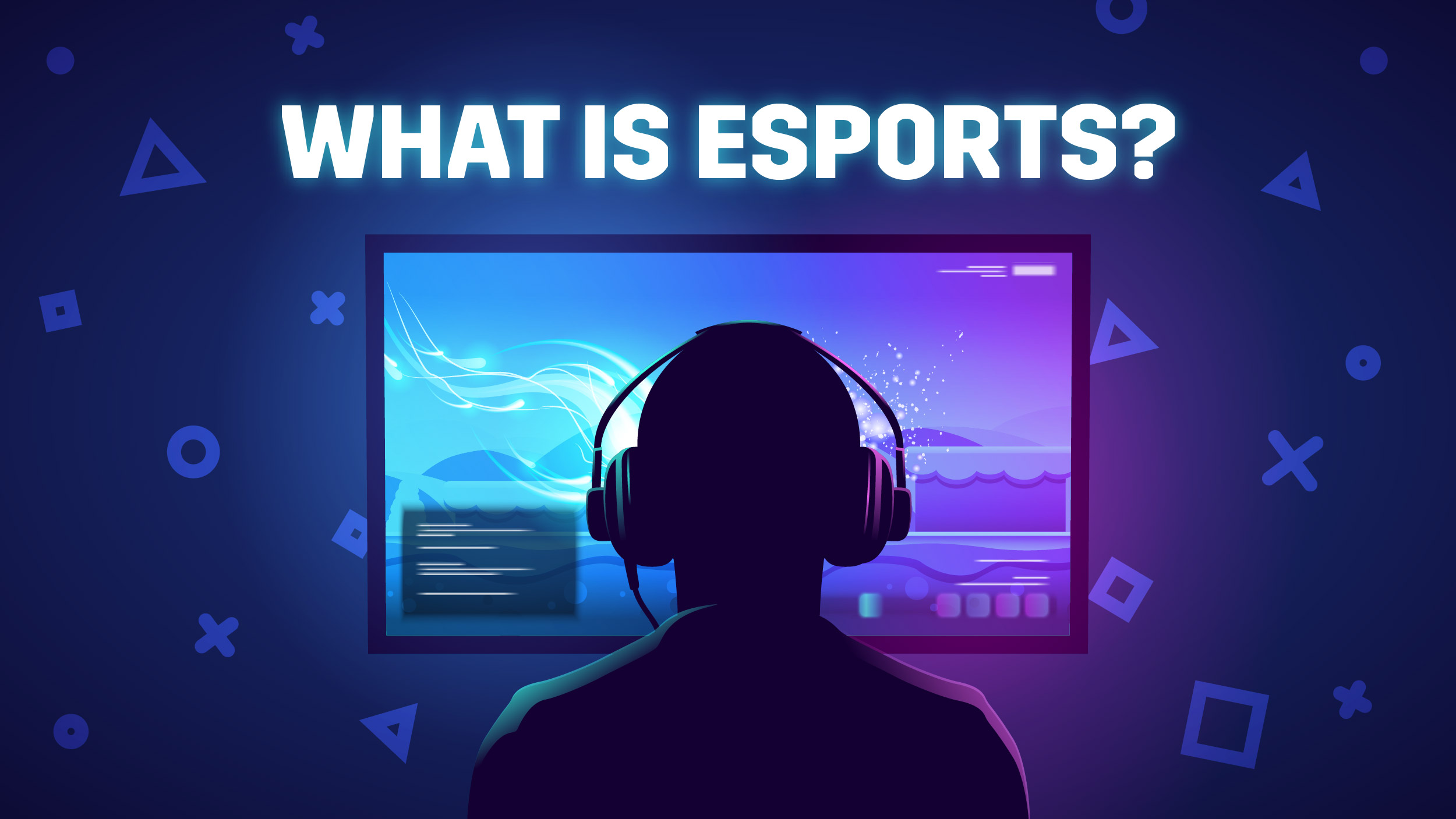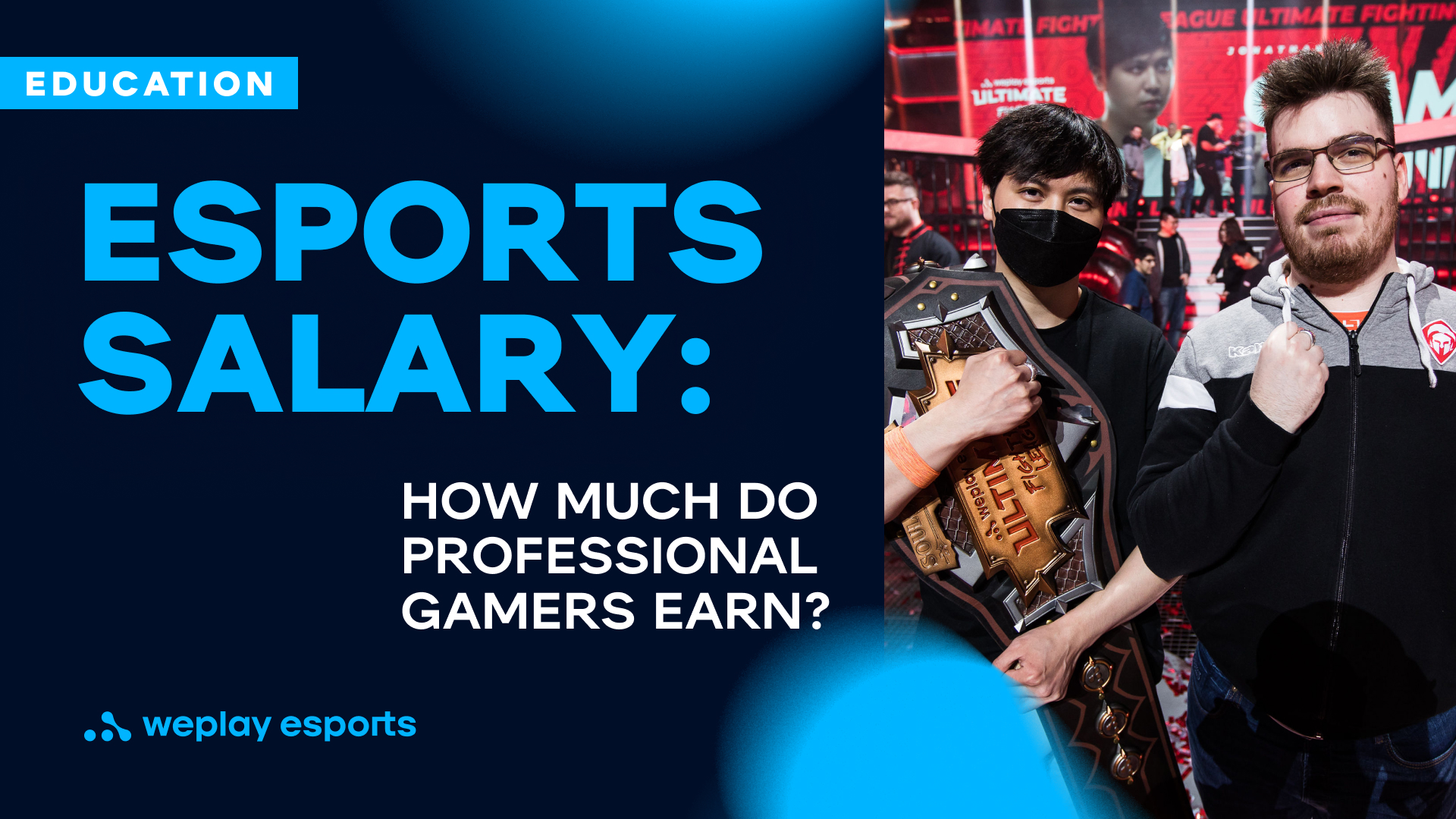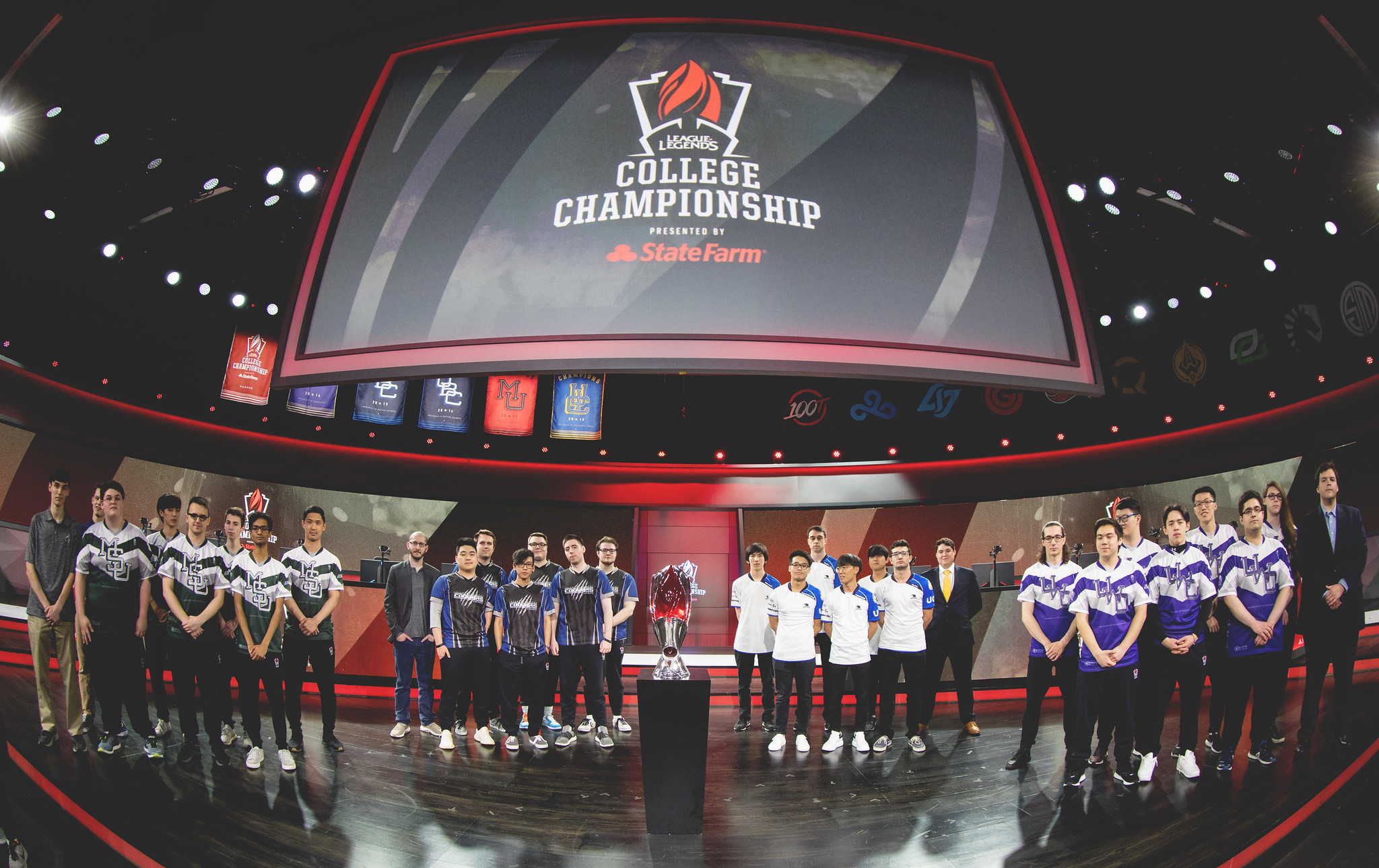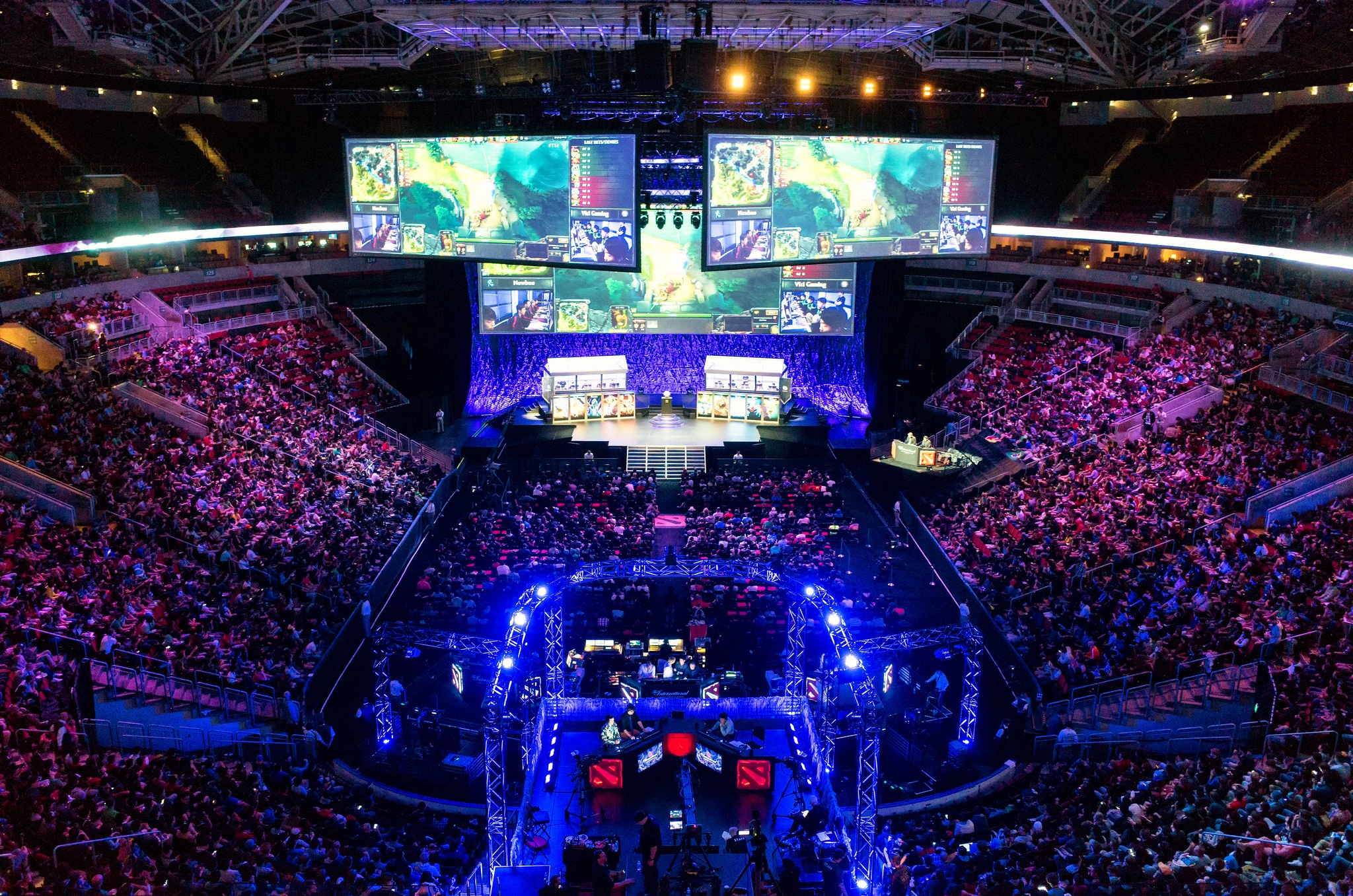How Do You Get Into Esports
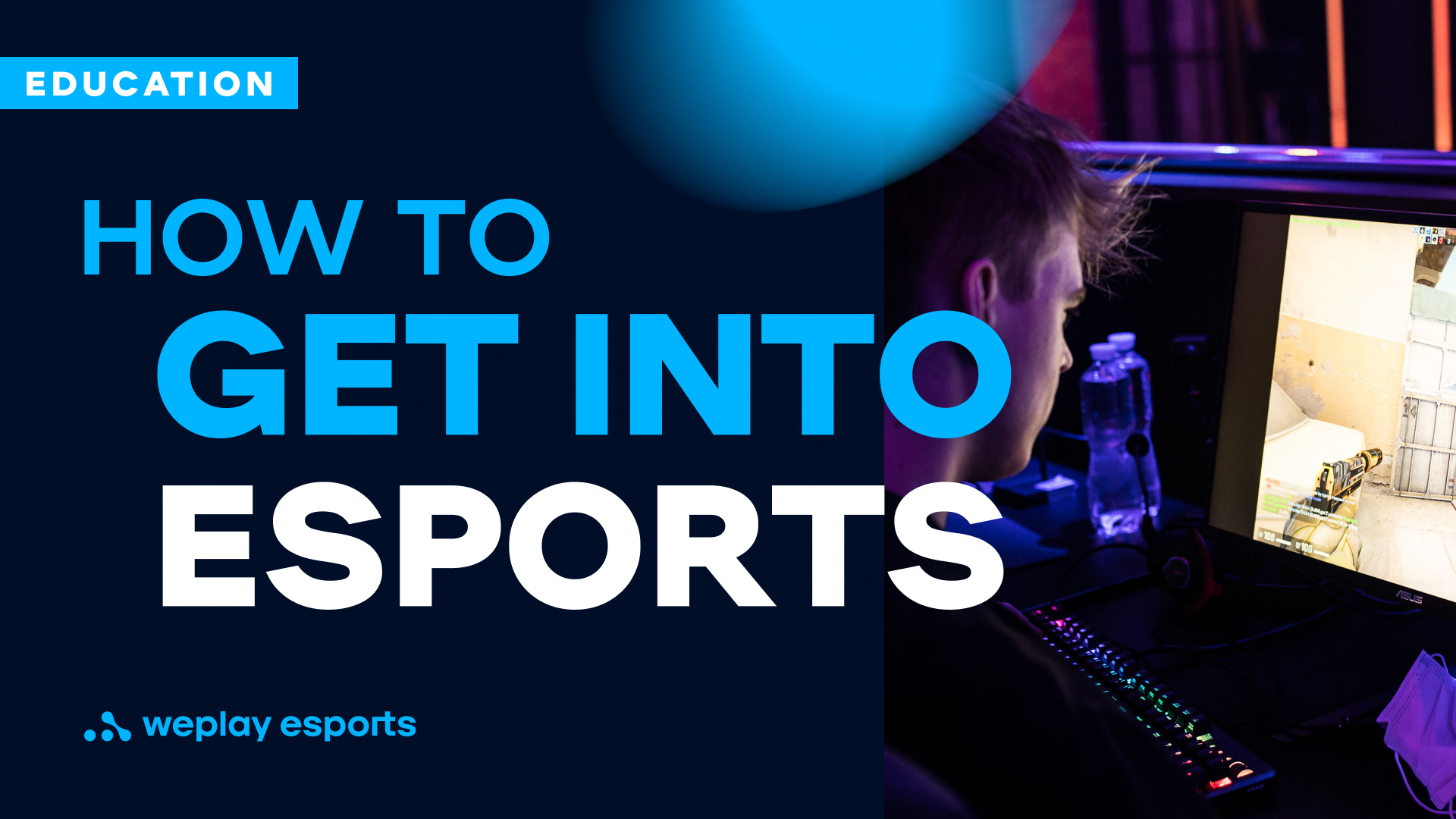
The roar of the crowd, the intense focus etched on players' faces, and the prize pools rivaling traditional sports – esports has exploded into a multi-billion dollar industry, capturing the attention of millions worldwide. But beyond the glitz and glamour, a burning question persists: how does one actually break into this competitive world?
Navigating the path to professional gaming requires more than just skill; it demands dedication, strategic planning, and a deep understanding of the esports ecosystem. This article delves into the multifaceted journey of aspiring esports athletes, exploring the necessary steps, resources, and realities of pursuing a career in this dynamic and evolving field. We'll examine the importance of skill development, community engagement, team dynamics, and the often-overlooked aspects of mental and physical well-being.
Cultivating Core Skills and Game Mastery
The foundation of any successful esports career lies in mastering a specific game. This requires consistent practice, in-depth knowledge of game mechanics, and the ability to adapt to evolving strategies.
Focus on one game initially, dedicating significant time to understanding its intricacies. Analyze professional gameplay, study advanced techniques, and identify areas for personal improvement.
Aim Lab and KovaaK's FPS Aim Trainer are popular tools for improving mechanical skills in first-person shooters, while resources like League of Legends' official website and community forums offer extensive learning materials for MOBAs.
Analyzing Performance and Seeking Feedback
Raw talent alone is insufficient; rigorous self-assessment and constructive criticism are essential for growth. Record your gameplay and analyze your mistakes, identifying patterns of weaknesses and areas where you can improve.
Actively seek feedback from experienced players, coaches, or online communities. Be open to criticism and willing to adapt your playstyle based on suggestions.
Utilize replay analysis tools and data tracking services to gain deeper insights into your performance. Many games offer built-in replay systems or third-party tools that provide detailed statistics and performance metrics.
Building a Presence and Engaging with the Community
Esports is a community-driven industry, and building a strong online presence is crucial for visibility and networking. Participate in online forums, engage with other players, and create content to showcase your skills and personality.
Streaming platforms like Twitch and YouTube provide avenues to share your gameplay, interact with viewers, and build a following. Consistent streaming and engaging content can attract the attention of teams and organizations.
Creating highlight reels, tutorials, or analytical videos can demonstrate your expertise and passion for the game. Social media platforms like Twitter and Discord are also valuable for networking and staying informed about the latest esports news and opportunities.
Networking and Joining Amateur Leagues
Actively seek out opportunities to network with other players, coaches, and organizations within the esports community. Attend local gaming events, participate in online tournaments, and join amateur leagues to gain experience and exposure.
Amateur leagues provide a structured environment to compete against other aspiring professionals, allowing you to test your skills and gain valuable tournament experience. These leagues often serve as scouting grounds for professional teams.
Sites like FACEIT and ESEA (for Counter-Strike) and similar platforms for other games offer structured matchmaking and tournament opportunities for players of all skill levels.
Team Dynamics and Finding the Right Fit
Most esports games require teamwork and coordination, making it essential to find a team that complements your skills and personality. Look for players who share your goals and values, and who are willing to work together to improve.
Effective communication, mutual respect, and a shared understanding of the game are crucial for team success. Practice regularly with your team, develop strategies, and learn to adapt to different playstyles.
Online forums, social media groups, and in-game communities are good places to find potential teammates. Consider your role within the team and look for players who can fill complementary roles.
The Importance of Coaching and Mentorship
Working with a coach or mentor can provide valuable guidance and support, helping you to identify weaknesses, develop strategies, and improve your overall gameplay. A coach can offer objective feedback and help you to stay motivated during challenging times.
Many professional teams and organizations have coaches who work with their players on a daily basis. Seek out experienced players or coaches who can provide mentorship and guidance, even if it's on a part-time basis.
Online coaching platforms and freelance coaches can offer personalized training plans and feedback. Be sure to research the coach's experience and qualifications before committing to a program.
Maintaining Mental and Physical Well-being
The demanding nature of esports can take a toll on both mental and physical health. It's crucial to prioritize self-care and maintain a healthy lifestyle to avoid burnout and improve performance. Take regular breaks from gaming, exercise regularly, and eat a balanced diet.
Develop healthy coping mechanisms for dealing with stress and pressure. Practice mindfulness, meditation, or other relaxation techniques to manage anxiety and improve focus.
Sleep is crucial for cognitive function and performance. Aim for 7-8 hours of quality sleep each night to ensure that you're performing at your best. Many professional esports organizations now incorporate mental health support and physical training into their player development programs, recognizing the importance of overall well-being.
The Realities of the Esports Grind
Breaking into esports is a challenging and competitive endeavor. The path to professional gaming is often filled with long hours of practice, financial uncertainty, and intense pressure. Be prepared to make sacrifices and persevere through setbacks.
Many aspiring esports athletes start by balancing their gaming pursuits with school or work. Financial stability is often a concern, as earning a consistent income from esports can take time and effort.
The esports industry is constantly evolving, and it's important to stay informed about the latest trends and opportunities. Be prepared to adapt to new games, strategies, and technologies.
The Future of Esports Careers
The esports industry continues to grow and evolve, creating new opportunities for aspiring professionals. As the industry matures, more formal training programs, educational resources, and career pathways are emerging.
Colleges and universities are increasingly offering esports scholarships and academic programs, providing students with a structured path to pursue their passion. The growth of esports also creates opportunities in related fields, such as coaching, management, marketing, and content creation.
The esports landscape will undoubtedly continue to evolve, requiring adaptability and a constant pursuit of knowledge. The key to success lies in a combination of talent, dedication, and a deep understanding of the ever-changing esports ecosystem.
